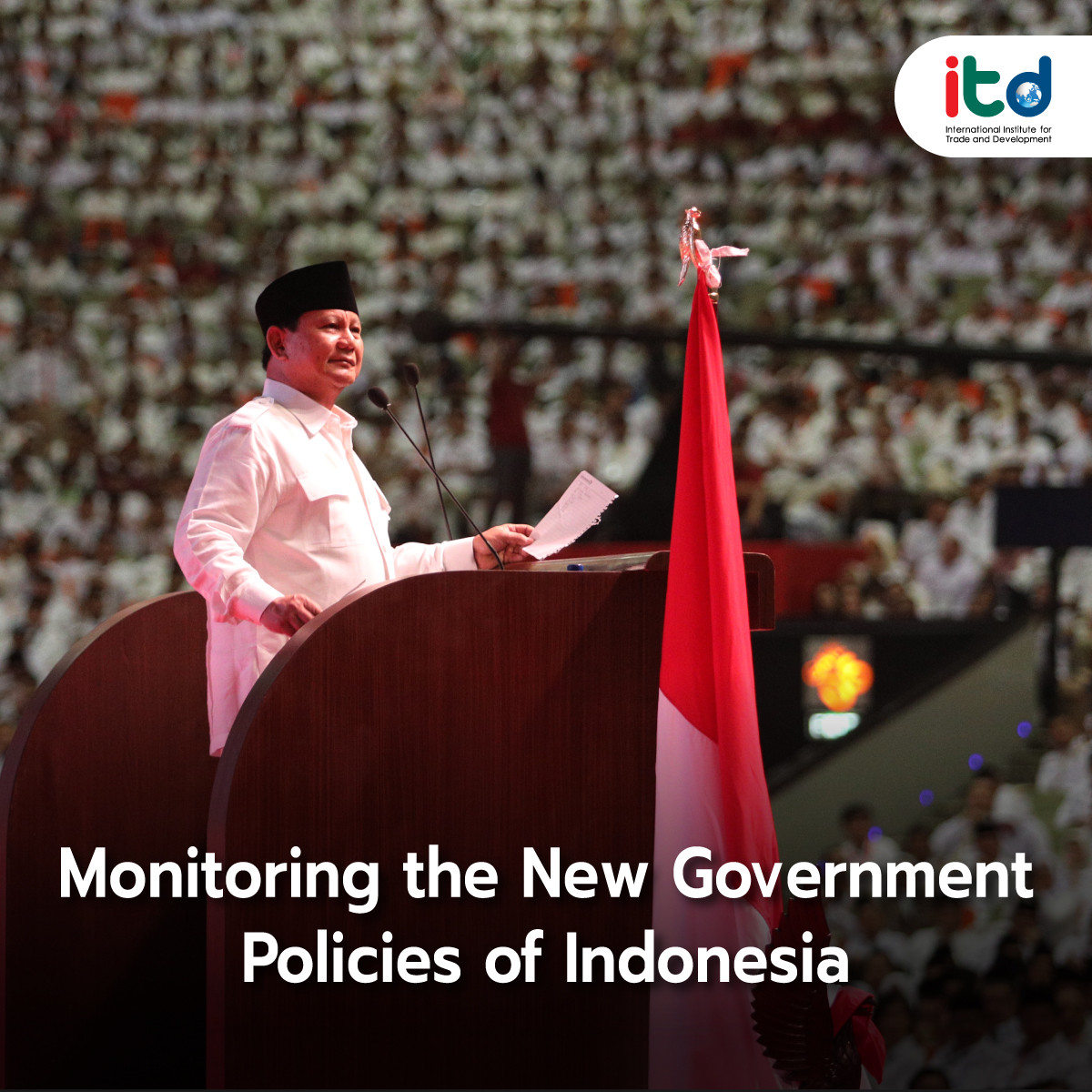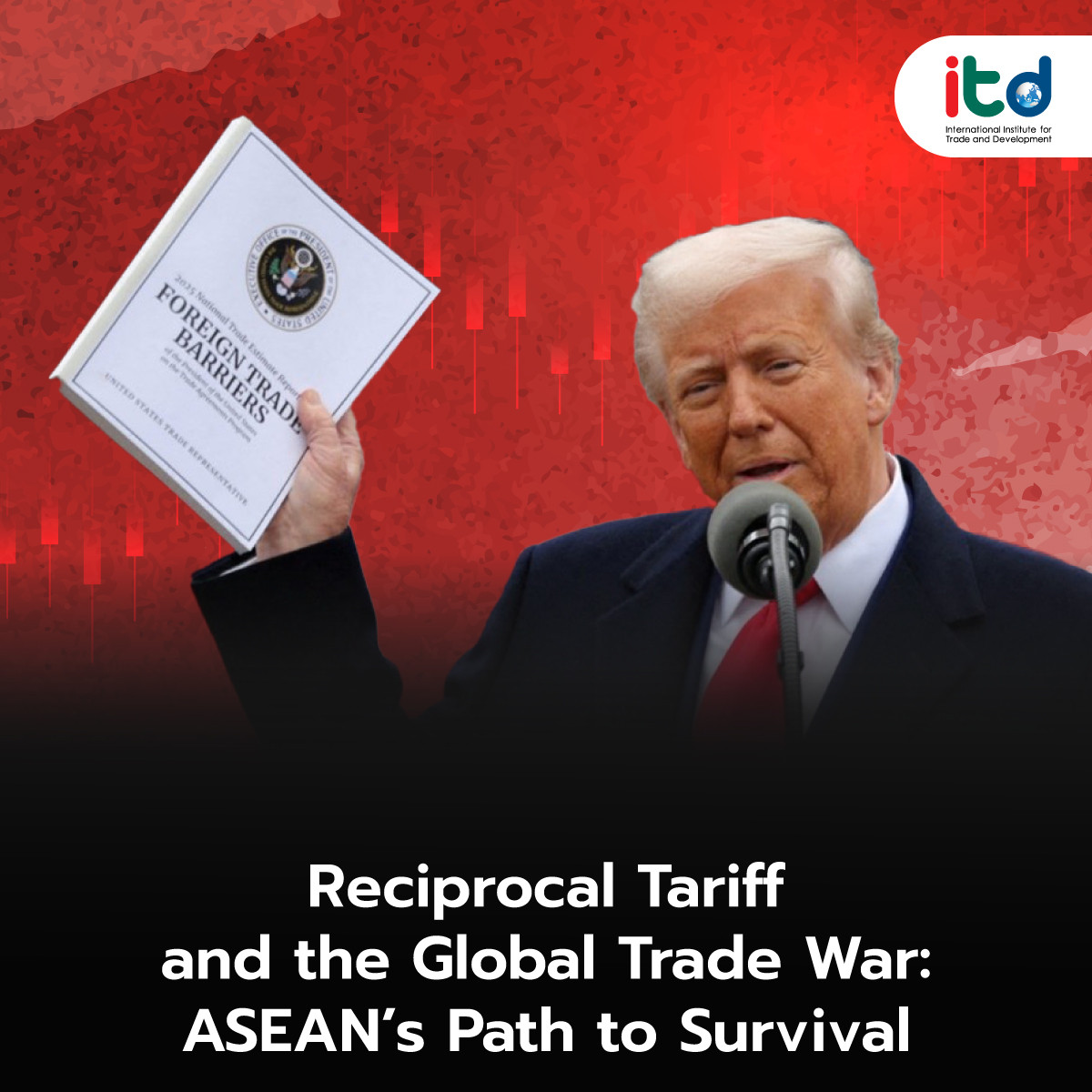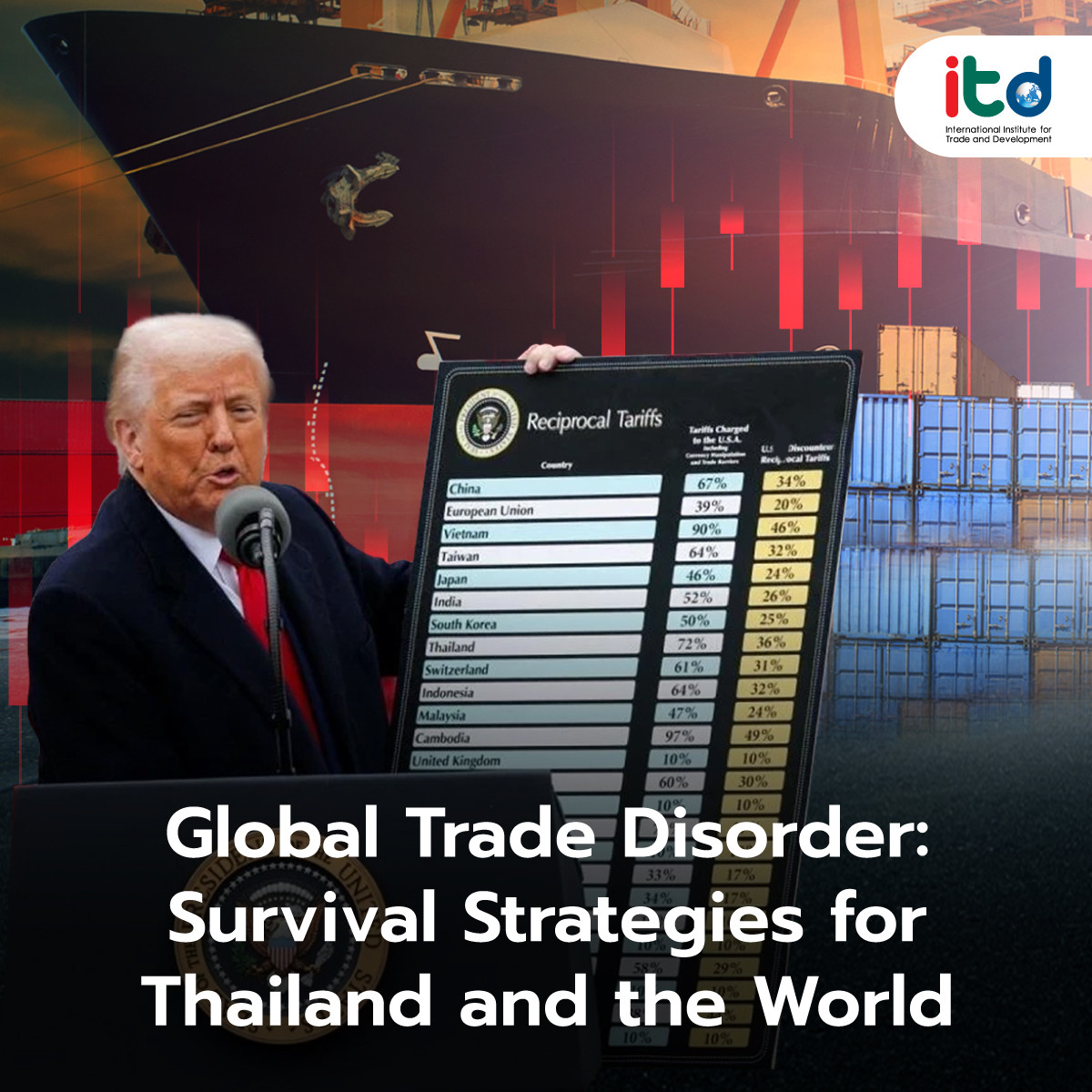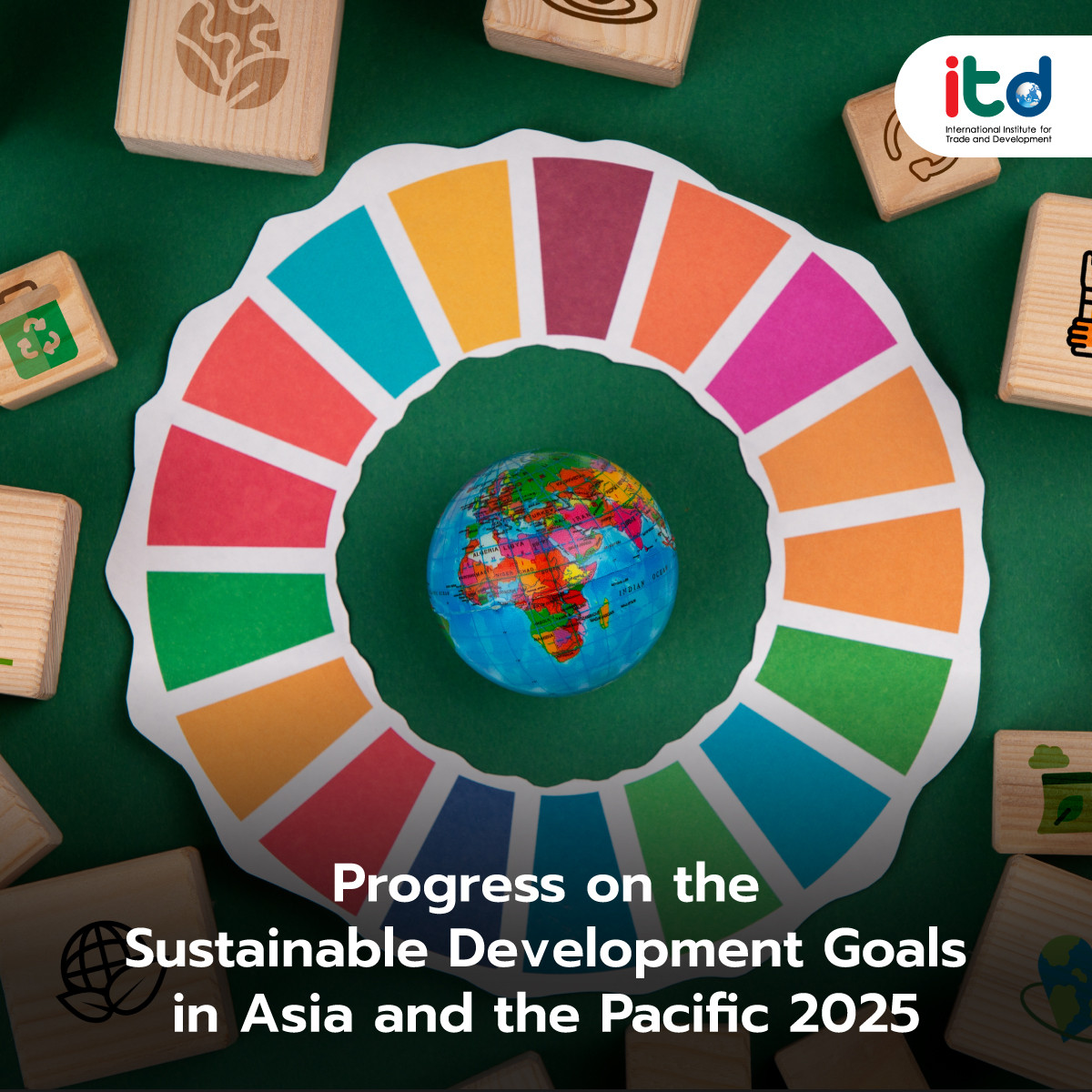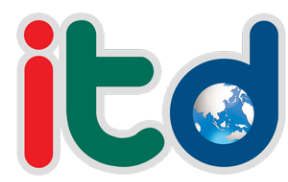About Documents
Indonesia held its presidential election on February 14, 2023. Preliminary election results show that Prabowo Subianto, a 72-year-old former general with a significant role in the Suharto government and the current Minister of Defense, ran for president alongside his vice-presidential candidate, Gibran Rakabuming Raka, the 36-year-old son of President Joko Widodo. The pair is leading with 58.84% of the votes, while their competitors have 24.43% and 16.73%, indicating a high likelihood that Prabowo-Gibran will become the 8th leader of Indonesia.
Indonesia faces the problem of a majority of its population earning low incomes, a high cost of living, and a high unemployment rate. Therefore, it promotes and protects the domestic market by increasing the production volume of downstream industries within the country. This strategy is aimed at adding value to products and increasing the employment rate domestically. The country is open to investments from all countries and companies, under the condition that they establish factories in Indonesia, use Indonesian raw materials, and employ Indonesian workers. In the election campaign, Prabowo confirmed his acceptance of the principle of free trade. However, in terms of actual policy implementation, it is necessary to closely watch the economic policies of Indonesia moving forward.
Indonesia, as a country exporting raw materials from natural resources, lacks innovation and technology in creating high-value downstream industries. The economic policies of Prabowo have been criticized for not being significantly different from those of the government of Joko Widodo, especially in continuing the policy of restricting the export of crucial minerals such as nickel to promote domestic production and processing for added value in exports. This includes aiming to become a production base for electric vehicle batteries.
In their foreign policy, Prabowo-Gibran announced the principle of “Free and Active” (Bebas dan Aktif), which has been the foreign policy principle of Indonesia since its founding during the Cold War era. Prabowo emphasized that he would revive this principle to foster good relations with all countries and refuse to join any blocs created by major powers. Prabowo believes that maintaining a neutral stance will create stability and an environment conducive to attracting foreign investment.
Although Prabowo focuses on conducting foreign policy to stimulate economic growth domestically, he still maintains Indonesia’s foreign identity on the global stage through elevating diplomacy to promote global peace, such as in the cases of Ukraine and the Gaza Strip.
Whether the Prabowo-Gibran administration, if successfully established, can maintain a neutral stance to drive the economy in cooperation with all countries as stated during the election campaign remains to be seen in the long term. In practice, Indonesia is a key player both bilaterally and multilaterally, such as in the Indo-Pacific Economic Framework (IPEF) initiated by the United States. At the same time, it relies on investments from China, which ranks as the second-largest source of investment in Indonesia, ahead of investments from Japan and the United States.
This election has signs indicating that Indonesia’s economic and political policies are likely to become more intensely nationalist in enhancing stability, prosperity, and security within the country. Similarly, there has been an intensification of import-export measures, particularly in the case of minerals, during the latter part of the current government’s term.
Furthermore, Indonesia has played a significant role in the political, economic, and social community of ASEAN for 57 years since the establishment of ASEAN. As the country with the largest population, area, resources, and economy in the region, changes in Indonesia’s political and economic policies will inevitably impact the direction of ASEAN.
Author:
Khobtham Neelapaichit
Senior Researcher
International Institute for Trade and Development (Public Organization)
www.itd.or.th
Publication: Bangkok BIZ Newspaper
Section: First Section/World Beat
Volume: 37 Issue: 12586
Date: Wednesday, February 28, 2024
Page: 8 (bottom-left)
Column: “Asean Insight”
